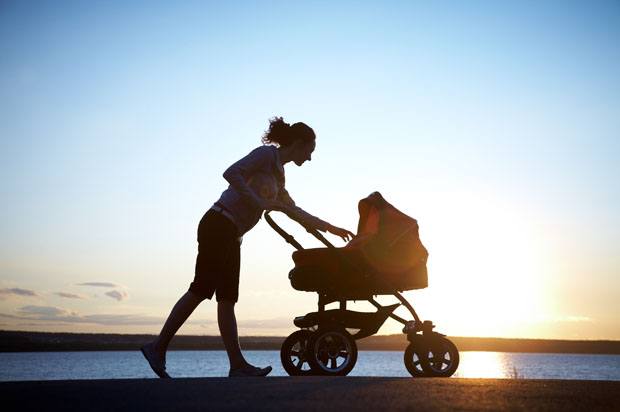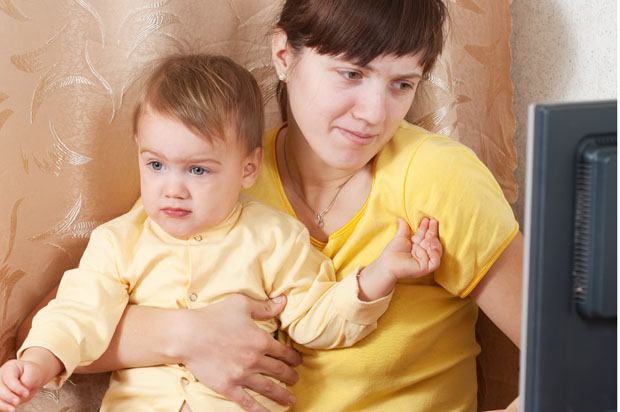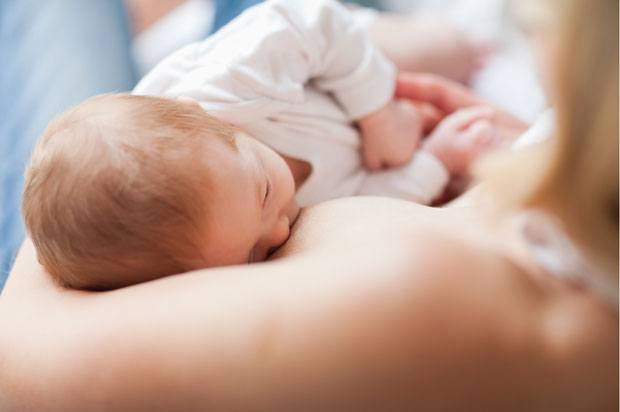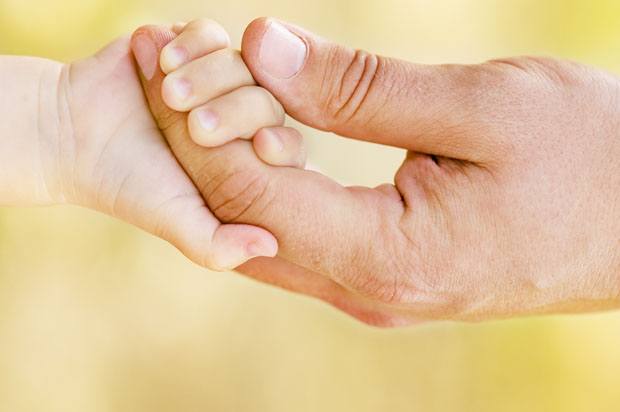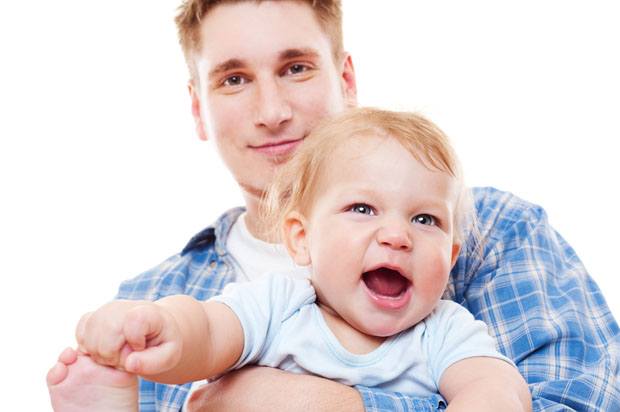Baby vaccinations
Find out what immunisations are available and when they should be given to your baby.
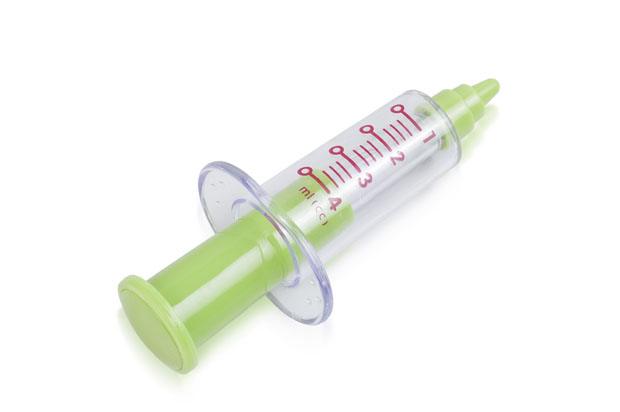
FYI this one is a toy.
Vaccinations are made from a weakened or dead virus and help build up our body’s natural defence system. Because babies are extremely vulnerable to bacteria in the early stages of their lives they will need extra protection against the most common types of infection and disease.
Sorting out a schedule
The NHS has a programme for vaccinations that’s recommended for all newborns. Your doctor (GP) or health visitor will be able to give you the details of the current schedule and will send you an appointment when your baby’s immunisation is due.
Primary immunisation
You’ll be offered your baby’s first vaccination when they’re around eight weeks-old. After checking that your baby is healthy and ready to be immunised, they will receive two injections, known as DTaP/IPV/Hib and PCV.
You’ll be asked to bring your baby back for booster doses of the DTaP/IPV/Hib and PCV vaccinations when they’re three and four months-old. They’ll also be offered a MenC vaccination at four months-old to protect against Meningitis C.
MMR
The MMR vaccine is recommended when children are 13 months-old and booster shots are given again between three and five years-old. The vaccine contains weakened versions of measles, mumps and rubella and helps build up the child’s immunity to these viruses.
Overview
Here’s an overview of what vaccinations your baby will be offered in their first 13 months.
Two months-old
Your baby will be offered their first vaccination of DTaP/IPV/Hib and PCV. These protect them from:
- DtaP – protects against diphtheria, tetanus and pertussis (whooping cough);
- IPV – protects against polio;
- Hib – protects against heamophilus influenza type B;
- PCV – protects against pneumonia.
Three months-old
Your baby will be offered a booster dose of DTaP/IPV/Hib, PCV and their first MenC vaccination.
Four months-old
Your baby will be offered a booster dose of DTaP/IPV/Hib, PCV and MenC .
Around 12 months-old
Your baby will be offered a booster dose of Hib and MenC.
Around 13 months-old
Your baby will be offered a booster dose of PCV and the MMR vaccine.
Side effects
Most vaccinations have little or no side effects, although in very rare cases your baby may be allergic to something in the vaccine. Mild side effects include:
- Irritability;
- High temperature;
- Soreness or swelling around the area of skin where the injection was given;
- Sickness or diarrhoea.
Arrange an appointment with your GP immediately if your baby has a bad reaction to the vaccination.
Other immunisations
Some children may need to have other vaccinations that are not included in the NHS’s childhood immunisation programme. This can be because they have a chronic condition or are travelling outside the UK. If you’re not sure, tell your GP.
Picture of toy syringe by Shutterstock.
Next Steps
- Chat about this subject on our Discussion Boards.
- Need help but confused where to go locally? Download our StepFinder iPhone app to find local support services quickly.
By
Updated on 29-Sep-2015
No featured article


